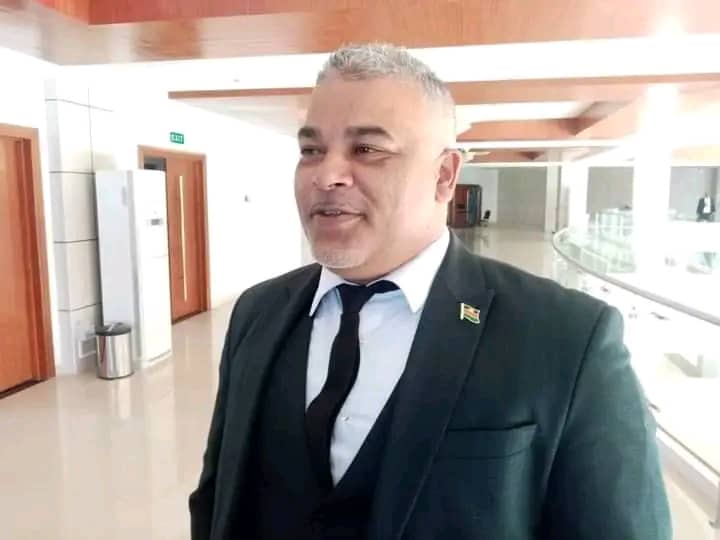By Burnett Munthali
In a fiery display of opposition politics, Sameer Suleman, a key figure in the Democratic Progressive Party (DPP), has taken aim at the government’s handling of the Affordable Input Program (AIP), accusing it of undermining the very farmers it was meant to uplift. Speaking at a rally in Chinamwali, Zomba, Suleman didn’t mince words as he zeroed in on what he called the government’s “disappointing” reduction in the number of AIP beneficiaries.
DPP Lawmaker Sameer Suleman Urges President Chakwera to Lead by Example
“It is troubling that the number of beneficiaries has been reduced from 1.5 million to 1 million. This is deeply disappointing,” Suleman declared to a crowd of party supporters, many of whom nodded in agreement. His concern was clear: fewer beneficiaries mean fewer farmers gaining access to the fertilizer and seeds crucial to Malawi’s agricultural output.
The AIP, once hailed as a beacon of hope for smallholder farmers across Malawi, has recently been at the center of controversy. The government’s decision to slash the number of people benefiting from the program has drawn criticism, particularly from opposition leaders like Suleman, who argue that this shift will disproportionately hurt rural families already struggling with food insecurity.
- AG moves to block Kaphale in K824Bn fuel rebate battle
- ESCOM hosts energy experts, calls for regional collaboration
- Ministry of Lands Launches Land Ownership Audit to Curb Illegal Sales and Disputes
- RBM pushes banks towards private sector A’s Government declines K500 Billion in borrowing
- MCTU Pushes for K250,000 Minimum Wage as ECAM Urges Gradual Adjustment
Suleman’s remarks at the DPP gathering also carried an undertone of frustration, not just about AIP, but about the broader state of affairs in Malawi. The opposition has long criticized the current administration for its handling of key national programs, and Suleman’s comments reflect growing dissatisfaction among those who feel the government is losing touch with the needs of ordinary Malawians.
“The reduced coverage will not benefit the majority of Malawians who rely on the program,” Suleman reiterated, urging the government to reconsider its approach to agricultural subsidies. His call resonated with farmers in attendance, many of whom rely on AIP’s assistance to sustain their livelihoods in an increasingly unpredictable economy.
Blantyre City South East lawmaker Sameer Suleman criticizes government spending on President Chakwera’s China Trip
The AIP, which has been touted as one of the key solutions to Malawi’s agricultural challenges, has faced scrutiny over its implementation and distribution. Many argue that the program’s mismanagement has left the most vulnerable populations struggling to access the inputs they need to grow their crops. Suleman’s critique seems to echo the frustrations of those who feel left behind by recent changes.
As political pressure mounts, Suleman’s voice adds to the growing chorus of opposition leaders demanding greater accountability and a more farmer-friendly approach. With Malawi’s agricultural sector at stake, the debate over AIP’s future is far from over.
In the end, Suleman’s sharp critique is not just about numbers or fertilizer—it’s about a government’s responsibility to its people and the battle over who truly understands the needs of Malawians. The opposition, it seems, is ready to make this issue a defining one as political tensions heat up in the country.




